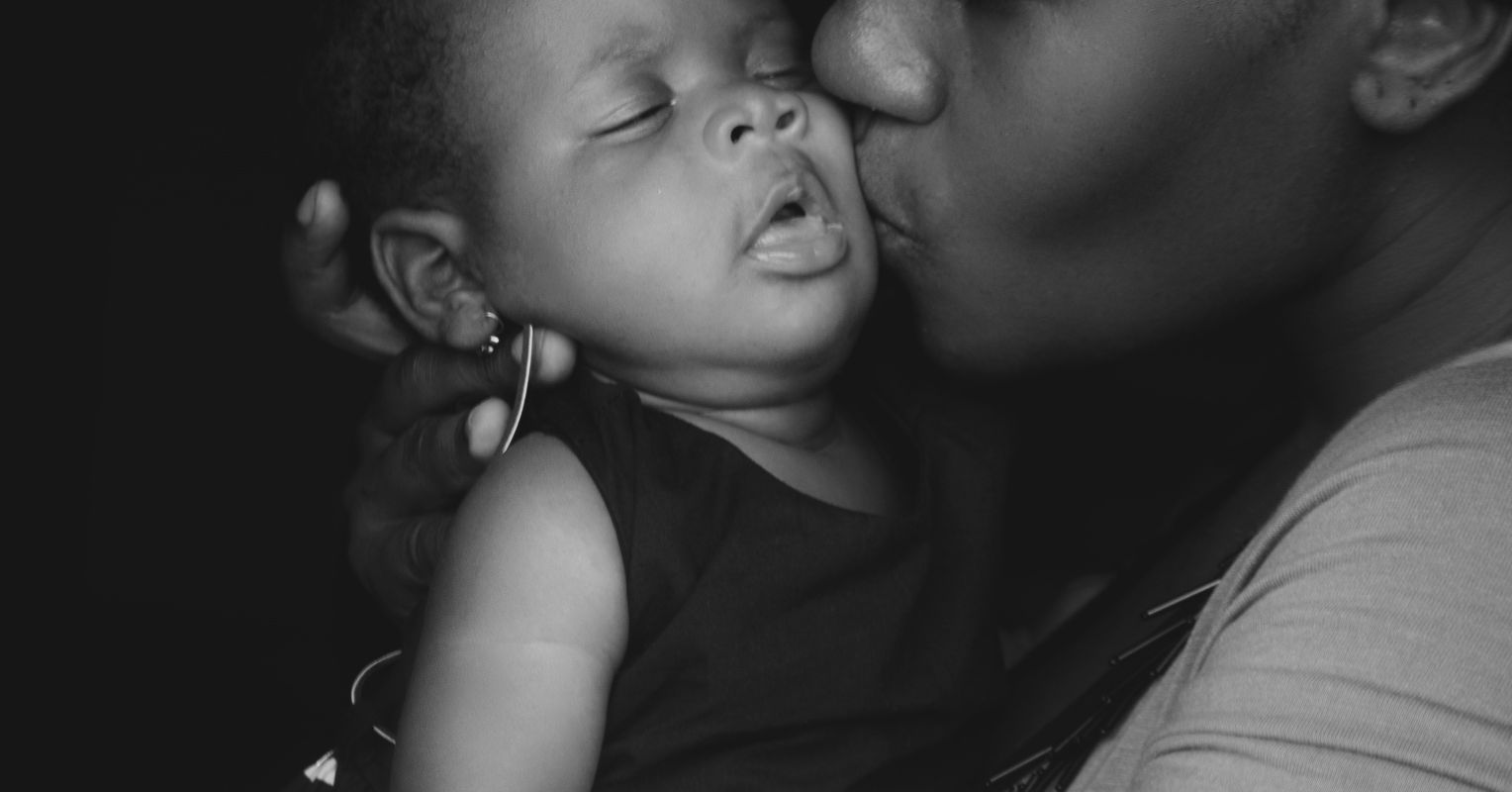
Resource: Picture from Tubarones Photography on Pexels.
Postpartum depression—the depression that occurs in a mother just after a kid is born—is widespread. CDC figures propose postpartum despair has an effect on all around a person in eight girls. Analysis has also found that rates are greater between minority ladies. For example, just one research uncovered that, compared to white American ladies, the rate of postpartum despair was 80 per cent greater among the African American girls and 40 {33c86113bcc32821f63c6372852a0f501e07fff55ce3ce61b15b246c5f8c531c} better amongst Hispanic-American women of all ages. Other study has proposed even better disparities in postpartum melancholy signs or symptoms. This may perhaps be related to the amount of pressure that mothers experience. Suffering from more worry right before childbirth predicts the likelihood of postpartum distress, and low-income and minority females practical experience far more stress.
A extended-term exploration analyze in Arizona has been inspecting the mental wellbeing of Mexican American mothers. This examine has led to a lot of insights about maternal psychological well being, specifically amongst minority populations in the U.S. One particular write-up explores far more deeply the function of worry on postpartum melancholy in this population—and the way that help from pals and family members can aid to avert moms from slipping into that melancholy.
This review, led by researcher Shayna Coburn, carried out assessments of females just before the beginning of their youngster (on typical, at about 35 months into pregnancy), and then again 6 months following the start. Several different sources of pressure were calculated prior to moms gave start:
- Every day hassles provided items like browsing, food planning, and property cleansing.
- Household interpersonal strain measures criticism and negativity coming from family members.
- Companion interpersonal pressure measures troubles or dissatisfaction with a wife or husband or intimate husband or wife. This asks about factors like regular arguments or no matter whether divorce or separation has been talked about.
- Society-specific stressors calculated considerations that are inclined to be specifically solid between Hispanic people. These include things like points like issues over not figuring out ample English to offer with working day-to-working day scenarios and considerations in excess of the immigration of household associates.
One prospective buffering factor was measured: Social support. The social guidance measure asked inquiries about irrespective of whether there were being persons the shortly-to-be mothers could depend on for companionship, suggestions, and assistance. Earlier investigation uncovered that, for individuals with superior social assist, strain tended not to have as several unfavorable consequences.
The results of this evaluation confirmed that every of the types of stress was associated to postpartum melancholy symptoms. As predicted, moms who had been more stressed right before start felt additional depressed after beginning. Every day hassles and anxiety from a intimate companion experienced specially strong interactions with melancholy signs or symptoms.
The study also examined whether these sources of strain have been all in essence the very same, or whether they every single contributed uniquely to postpartum melancholy. In other terms, if you know about a person resource of pressure, do you not will need to hassle measuring the many others, due to the fact you basically know how stressed the quickly-to-be mother is? Final results recommend that three of four kinds of stress had a special impact: every day hassles, husband or wife stress, and loved ones worry. Each individual of these was contributing in its very own way to the mother’s postpartum melancholy indications. If you needed to forecast how poor a mother’s postpartum melancholy would be, culture-unique stressors weren’t adding any new facts.
There were being also numerous background elements that predicted how bad postpartum despair indications would be.
- Women of all ages in poorer homes experienced even worse signs and symptoms.
- Older moms experienced worse indicators.
- Moms with fewer decades of education and learning experienced worse indications.
- Mothers who had emigrated from Mexico had greater indications.
These effects ensure and replicate earlier final results. A lot more cash and improved education and learning buffer versus melancholy, when it is typically assumed to be harder to be an more mature mother. Currently being a recent immigrant also predicted far better outcomes. This was in line with previous analysis suggesting that it is in fact 2nd-technology immigrants that have the most difficult time fitting in with a new tradition. In contrast with the second generation, the very first era did a little greater.
The closing problem that the study addressed was how social help could help offset the impression of worry. Statistical assessments identified that social guidance could only buffer towards spouse and children stress, and not any of the other kinds of tension. Among gals with large social aid, more household worry didn’t direct to worse depression. Amongst gals with lower social aid, more family strain did guide to worse depression.
Postpartum Depression Necessary Reads
These final results advise that the way we think about stress and social aid is not nuanced plenty of. Moms can be stressed by plenty of factors, and it may possibly be that distinctive factors are necessary to offset the effects of these stressors. Possessing close friends you can count on seems to be a great way to offset having a unfavorable or essential loved ones. Mates can move in and fill some of the guidance roles that spouse and children may possibly usually have. On the other hand, supportive buddies do not offset the strain of having heaps of every day hassles, or the pressure of possessing a hard intimate relationship. It might be that other factors—like getting practical enable to offer with hassles or partners counseling to reinforce relationships—are required to offset the other stressors.
The in general information of this analyze, then, is that postpartum depression is similar to the pressure moms working experience ahead of the beginning of the child. Even so, we may well want to be a lot more particular in how we think about worry and what best allows new moms deal with it.





More Stories
Pregnancy-related deaths more likely in states with abortion bans: research – The Hill
She Says Doctors Ignored Her Concerns About Her Pregnancy. For Many Black Women, It’s a Familiar Story. — ProPublica
COVID during pregnancy can affect brain development in baby boys, study says : Shots